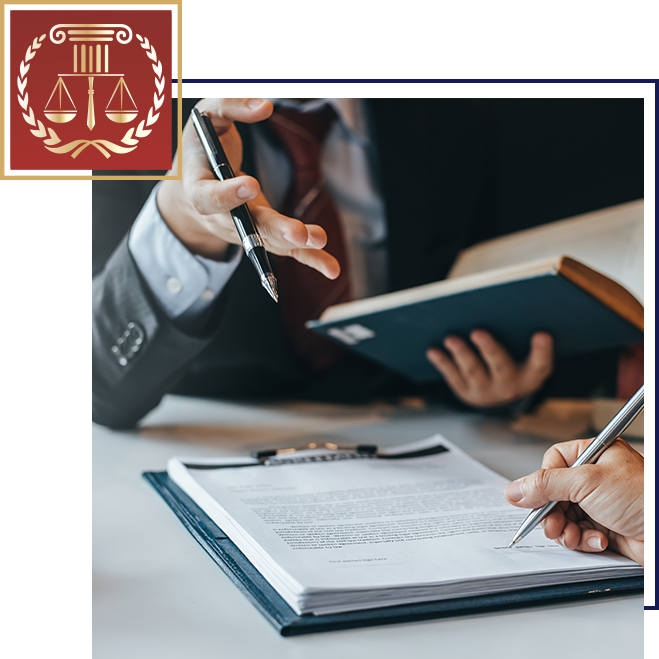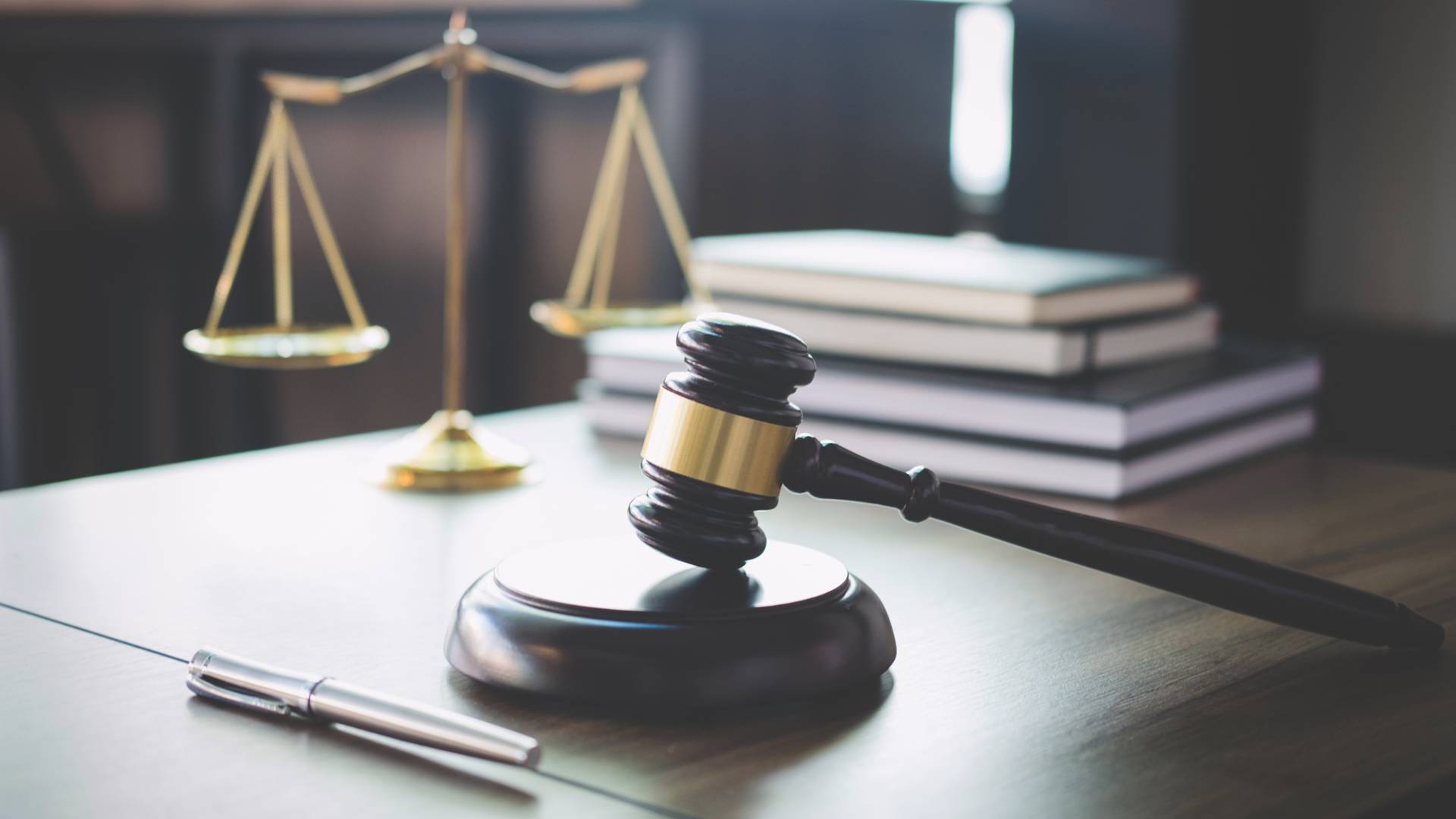
Drug Trafficking & Distribution Defense Lawyers
in Westwood
Helping Clients Facing Drug Charges in Norfolk County
Drug “trafficking” is the manufacture, distribution, or possession with intent to distribute a large quantity of a controlled substance. While making or selling drugs (controlled substances) or possessing controlled substances with the intent to distribute them at some point in the future are both illegal in themselves, the law also sets much more harsh penalties for doing so in large quantities. Each state has its own rules governing the amount necessary to qualify as “trafficking.”
In Massachusetts, manufacturing, selling, distributing or possessing with the intent to distribute the following amounts of drugs qualifies as trafficking and is subject to minimum and mandatory prison sentences:
- More than 50 pounds of marijuana
- More than 18 grams of a class B substance (such as cocaine, methamphetamine)
- More than 18 grams of a class A substance (such as heroin, morphine, opiates)
Do the Penalties Differ Depending on the Type of Drug?
Yes. The penalties do differ depending on not only the weight of the substance, but also the type or “class” of the substance at issue.
Marijuana vs Narcotic Trafficking/Distribution
As in many other areas of drug control law, marijuana is treated differently as it concerns trafficking. The law requires a significantly higher weight of marijuana to qualify as “trafficking” and, in terms of sentencing, the law punishes violators with less severe sentences. That said, trafficking in marijuana is still treated very seriously by law enforcement and the sentences do include minimum and mandatory terms of imprisonment in jail.
Penalties for Drug Trafficking
In Massachusetts, the penalty for trafficking in Marijuana is:
- 50 to 100 pounds = house of correction for not less than 1 and up to 2.5 years, or state prison for not less than 2 and up to 15 years.
- 100 to 2,000 pounds = state prison for not less than 2 years (minimum mandatory) and up to 15 years.
- 2,000 to 10,000 pounds = state prison for not less than 3.5 years (minimum mandatory) and up to 15 years.
- 10,000 + pounds = state prison for not less than 8 years (minimum mandatory) and up to 15 years.
In Massachusetts, the penalty for trafficking in a class B substance (cocaine, methamphetamine) is:
- 18 to 36 grams = state prison for not less than 2 years (minimum mandatory) and up to 15 years.
- 36 to 100 grams = state prison for not less than 3.5 years (minimum mandatory) and up to 20 years.
- 100 to 200 grams = state prison for not less than 8 years (minimum mandatory) and up to 20 years.
- 200 + grams = state prison for not less than 12 years (minimum mandatory) and up to 20 years.
In Massachusetts, the penalty for trafficking in a class A substance (heroin, morphine, opiates) is:
- 18 to 36 grams = state prison for not less than 3.5 years (minimum mandatory) and up to 20 years.
- 36 to 100 grams = state prison for not less than 5 years (minimum mandatory) and up to 20 years.
- 100 to 200 grams = state prison for not less than 8 years (minimum mandatory) and up to 20 years.
- 200 + grams = state prison for not less than 12 years (minimum mandatory) and up to 20 years.

What Makes Our Firm Different?
We Don't Back Down From a Challenge

-
Local AttorneysOur firm consists of local attorneys who have worked in the area for years. Each attorney is familiar with the courts and has a great reputation within the legal field.
-
Free Initial ConsultationAt Eisenstadt Law, our firm offers a free initial consultation to learn more about your case and to ensure our team is the best fit for you.
-
Aggressive DefenseOur legal team does not back down from a challenge. We fight to ensure that the rights, futures and freedoms of our clients are protected.
-
Proven Track RecordOur attorneys have successfully helped thousands of clients reach a positive outcome in their cases. We have achieved this by using our experience and expertise to our advantage.
-
Accessible to ClientsWe are available 24/7 to best suit the needs of our clients. We pride ourselves on providing each of our clients and their cases with the personal attention and commitment that they deserve.

Client Success Stories
Read What Past Clients Had to Say
-
“They took their time and clearly explained the legal process and what their approach to the case would be. Needless to say, we hired Eisenstadt Law and could not have been more satisfied with their service.”- L.S.
-
“My friend was right to send me your way for my case. I never thought anyone could have gotten me out of trouble but you did it.”- J. S.
-
“We could not believe how quickly you were able to get our son out of jail and were even more impressed with how you were able to get the case thrown out. He was lucky to have lawyers like you on his side.”- J. & B. L.
-
“I thought I was going to lose everything I had until that first court hearing in probate court. The judge immediately agreed with Ed’s arguments and the next week, Joe had the restraining order dismissed.”- K. B.
-
“They reviewed the case with me and explained the legal issues more clearly than any of the other lawyers I had met with. When I eventually met Joe in court I knew that all three of these guys had what it took to defend me.”- R. S.
-
“I knew that I had not done the things that they charged me with but didn’t know how to prove it. I was going to lose my job if the complaint got issued in the clerk’s hearing so it was such a big deal that you kept the police from getting a com”- G. J.
-
“They were efficient and professional. My girlfriend would not stop charging me with false charges of assault and restraining order violations. The DA kept trying to hold me without bail but they didn’t let that happen! Thanks!”- D. L.
-
“We never had any doubt that we were in goods hands with Eisenstadt Law. Our legal matter was handled quickly and with with such care and attentiveness, we felt as if we were their only clients.”- S.S.


Why Clients Choose to Work With Us
Read How We Have Helped Previous Clients
-
Case Dismissed Assault and Battery
-
Case Dismissed Assault and Battery
-
Case Dismissed Assault and Battery with a Dangerous Weapon
-
Pre-trial Probation Breaking and Entering, Resisting Arrest, Disorderly Conduct
-
Not Guilty Domestic Assault and Battery
-
Case Dismissed Felony Larceny